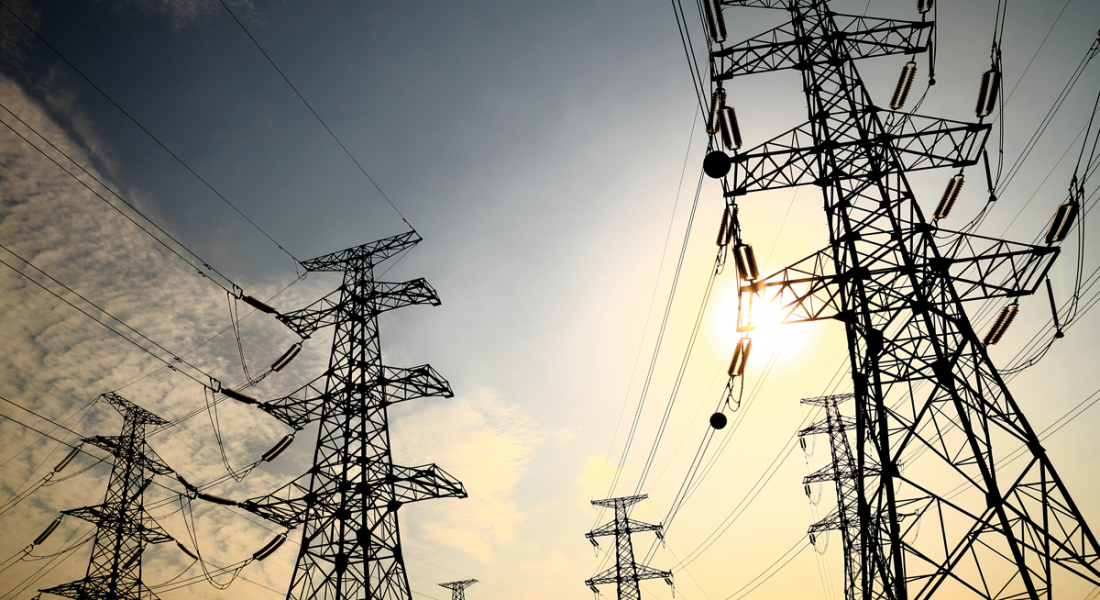Grid charges in 2024: How can operational energy management help?

In Germany, a significant proportion of electricity and gas bills is accounted for by grid fees. While household customers only have to take into account the energy price of grid usage, customers with an annual energy consumption of over 100,000 kWh (electricity) and 1,500,000 kWh (natural gas) are also confronted with the costs for the maximum annual capacity used. These shares will increase significantly across Germany in 2024. In the following, we show what costs can be expected and what measures can be taken.
The importance of grid fees
Grid fees are charges levied by grid operators for the use of their electricity or natural gas grids and are usually passed on to end consumers via the electricity bill. They are therefore an integral part of energy prices. The applicable charges for the coming year are published at the end of each year and are binding for all end consumers.
Development of grid fees in the past
An analysis of the grid fees for electricity over a five-year period shows a continuous price increase. As an example, the costs for the use of power in a selected grid area rose within five years from EUR 111.14 / KW to currently EUR 173.89 / KW, which corresponds to a price increase of 56 %. At the same time, the energy price for grid usage rose from 0.79 ct / kWh to currently 1.02 ct / kWh, an increase of 29 %.
Current price development
The price trend varies in the different grid areas, with the expansion of the grids, the integration of renewable energies (wind, PV, etc.) and the expansion of power lines leading to a further increase in grid fees. There is currently no easing in sight, especially as the subsidy provided for in the federal budget to relieve grid fees could not be used, which will lead to a noticeable increase in prices in 2024 compared to 2023.
What does this mean? - A practical example
An industrial customer with an annual consumption of 4 GWh and a maximum annual output of 1,250 kW paid EUR 31,600 for grid usage in 2019 (annual consumption x energy price for grid usage of 0.79 ct/kWh) and EUR 138,925 for the maximum annual output used. In 2024, these costs will rise to EUR 40,800 for grid usage and EUR 217,362 for the maximum annual output, assuming identical annual consumption and the same maximum annual output.
This means an additional burden of EUR 87,637 per year, which corresponds to an increase of 51%.
Operational energy management as a solution
In view of these developments, operational energy management is becoming a decisive strategy for counteracting rising energy costs. Through transparent analysis and efficient use of energy data, companies can sustainably reduce their energy consumption, permanently reduce their maximum annual output and thus minimize energy costs.
Knowing the causes of peak loads and base loads is crucial in order to effectively counteract rising energy prices. Energy controlling creates the necessary transparency with regard to energy use in the company, while specialized software for the analysis and evaluation of energy data helps to initiate the right measures. The use of load management generally leads quickly to success, for example by reducing the maximum annual output by 50 KW (output price approx. 170 EUR/ KW), which is already profitable within a year.
Would you like more information?
More about our energy management software econ4.
Further information on peak & load management with econ.